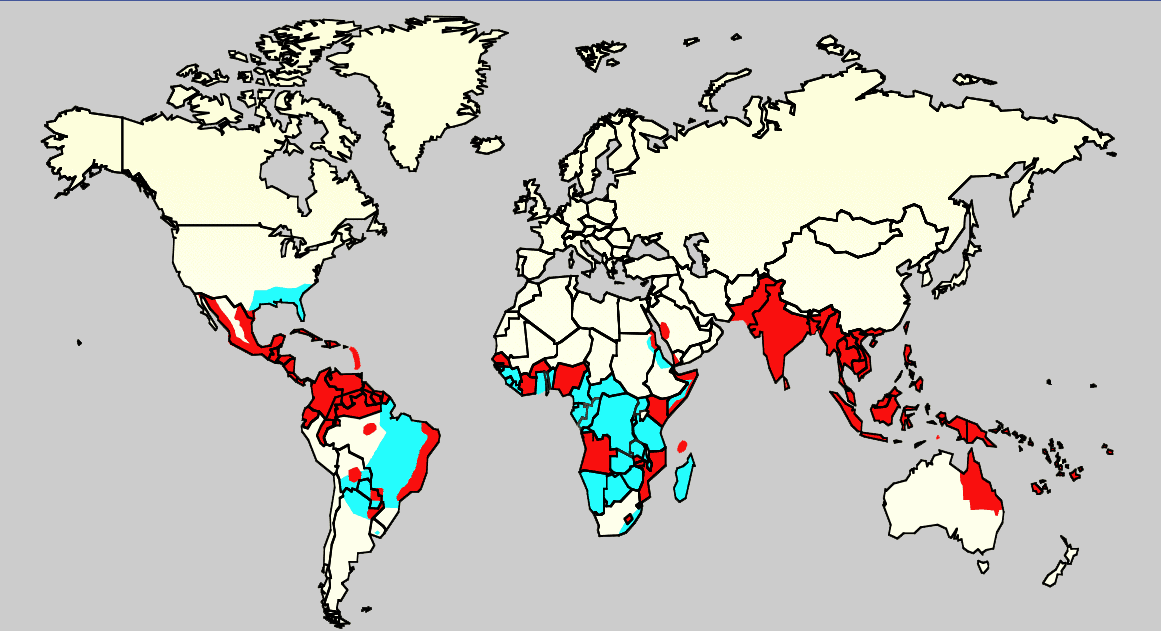Google Scholar is definitely the place to look for scientific information about things like this. The three links you gave are an article by a chemical industry-funded think tank, a right-wing anti-environmentalist site, and a libertarian magazine. To be fair to Reason, Ronald Bailey is by far their most honest and thoughtful writer, but he's still going to be coming from an ideological position.
Here is a Google Scholar search, with the search terms 'effect of DDT on eggshells' and limited to studies that have come out since 2000, in case the early studies were flawed, as undoubtedly some were including the low-calcium one. But everything that pops up is consistent with there being a well-known, dose-dependent negative effect of DDT on eggshell thickness, with the exception of an article titled "DDT: A case study in scientific fraud" which was published in the journal of the right-wing think tank Association_of_American_Physicians_and_Surgeons. There was also an article supporting the continued use of DDT for malaria control (I agree) and a couple that noted low sensitivity for particular species of birds. It appears that there is an overwhelming scientific consensus that it causes eggshell thinning, and all the contrary sources I have turned up have turned out to be generated by right-wing political organizations.
The evidence for human health impacts seems a bit more equivocal to me - it does appear to have a nonzero, but fairly low, level of chronic toxicity. It's definitely an endocrine disruptor, and it might be a carcinogen although the evidence for that isn't really strong enough to convince me. I think the cost-benefit analysis easily favors indoor use of DDT in malaria-affected areas, which is mostly what it is used for today. It has the nice property of being a mosquito repellant as well as an insecticide, so that even resistant strains are repelled from houses that have been sprayed with it.
But yeah, the environmental consequences are real. Definitely check Google Scholar whenever someone makes a scientific claim, especially if it's a politically charged issue. There are lots of disinformation mills out there, and they will often be the first hits on the regular Google.
Nevertheless, can we agree that banning DDT was based on faulty research and a "moral panic", which made things worse?
Anyway, Brazil is a prime example of a country with uber-conservative environmental legislation (not really followed in remote regions, but huge in urban areas), where even killing mosquitoes is difficult because pretty much everything is banned. So we have a dengue endemy, and now this zika epidemic, both largely self-inflicted IMO.



 Though, the amount we already broadcast in suburbs for West Nile every year should have tipped me off.
Though, the amount we already broadcast in suburbs for West Nile every year should have tipped me off.